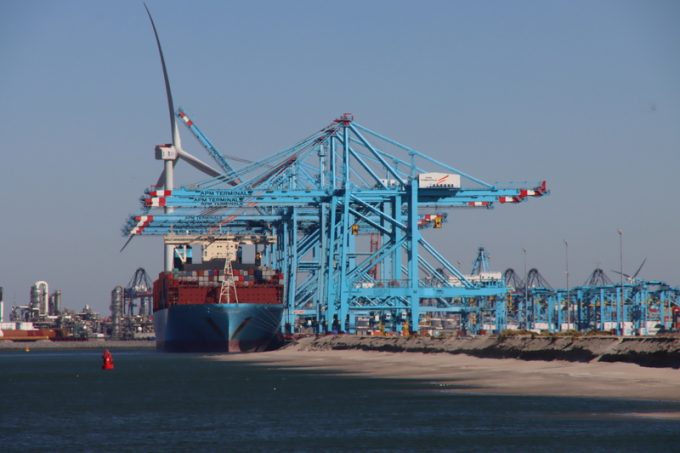Maersk skips call at Rotterdam as labour issues bring delay
Labour unrest at the port of Rotterdam has exposed long-standing issues and diminishing hopes of ...

A just-in-time (JIT) shipping trial at the port of Rotterdam has highlighted the potential for “enormous” fuel and emission savings.
Across the industry, container vessels waste hundreds of days a year waiting for a berth, usually only receiving notice of berth availability around two hours’ sailing ...
Keep our news independent, by supporting The Loadstar
Four crew members still missing as Wan Hai 503 continues to burn
Explosions and 'out-of-control' fire reported on Wan Hai box ship
Carrier price hikes hold, driving spot rates higher as space gets scarcer
Predatory rivals circle as the ripples from DSV's Schenker buy widen
MSC Elsa crew face criminal probe, as Wan Hai 503 firefighters battle on
'It's driving us mad', say forwarders as US court fails to end tariff turmoil
Transpacific rates ease as capacity boost proves too much for trades to digest


Comment on this article